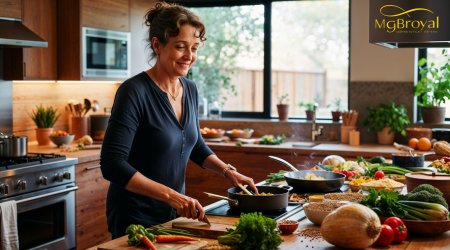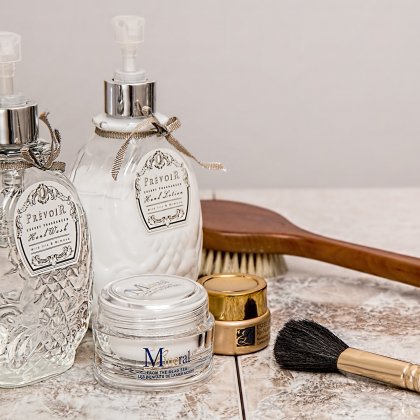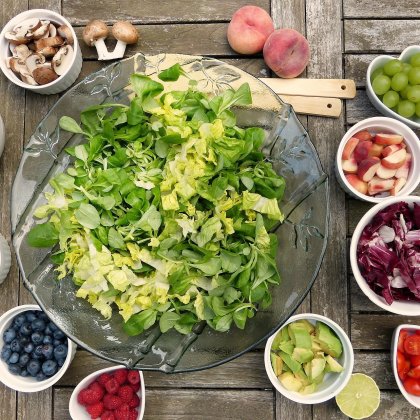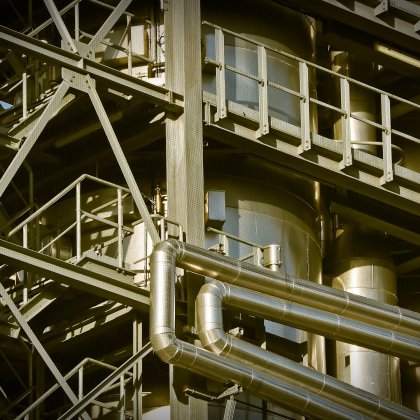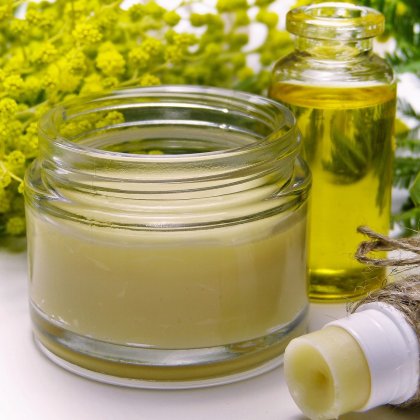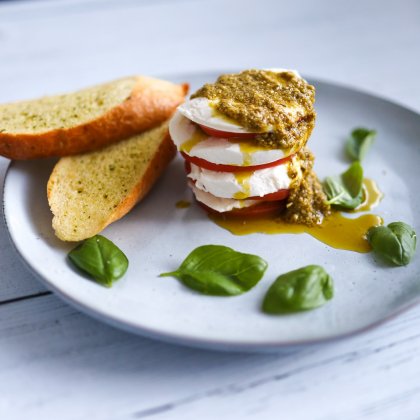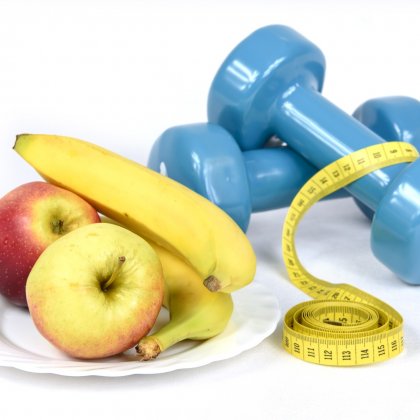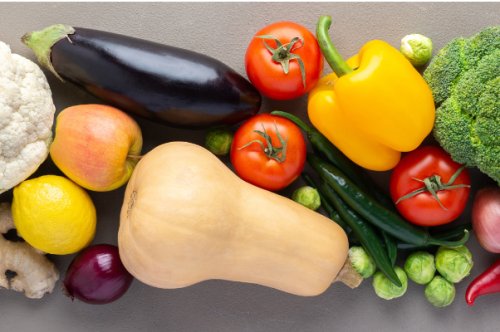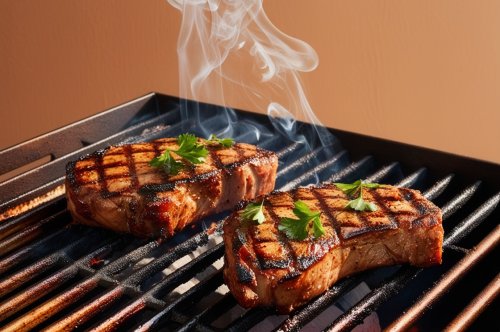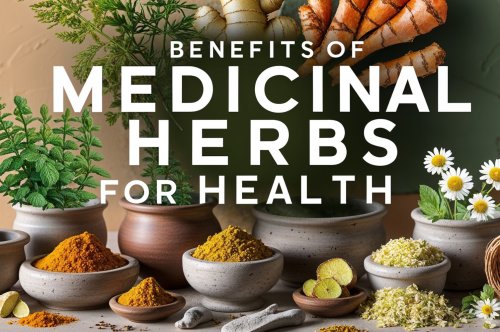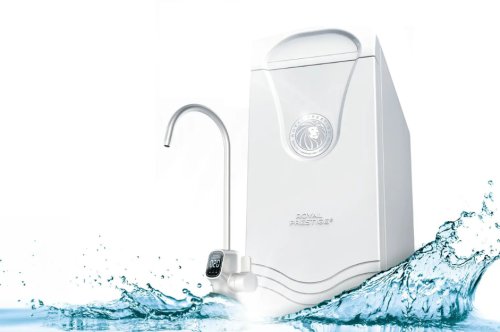Take Advantage of the Vitamins in Vegetables: Benefits and Kitchen Care to Preserve Their Properties
Vegetables are essential for a healthy life and achieving a balanced diet, thanks to their properties rich in vitamins, minerals, and antioxidants that promote overall health and well-being. However, to fully benefit from their nutritional advantages, it's not enough to consume them regularly; it's crucial to know how to cook them properly and understand their attributes and care. Using the right kitchen utensils helps retain the vitamins and properties of vegetables during cooking.
Key Vitamins Present in Vegetables and Their Benefits
- Vitamin A: This vitamin is vital for strengthening the immune system, vision, and cell growth. It is found in orange vegetables, such as carrots, and in leafy green vegetables, like spinach. Vitamin A is relatively stable when exposed to heat, so it is not easily lost during cooking.
- Vitamin C: Important for tissue repair, skin health, and essential for strengthening the immune system. Vitamin C is very sensitive to heat and can be easily lost during cooking, so it’s best to cook at low temperatures or steam the vegetables. It is found in bell peppers, broccoli, spinach, and other vegetables. To maximize its retention, gentle cooking methods are recommended.
- B-Complex Vitamins (B1, B2, B3, B6, and B9): These vitamins play a crucial role in metabolism and energy production. Leafy green vegetables like kale and spinach are rich in these vitamins. They are also sensitive to heat, so it’s essential to avoid high temperatures and ideally serve them fresh.
- Vitamin K: Known for its role in blood clotting and its beneficial effects on the skeletal system. This vitamin is abundant in leafy green vegetables such as broccoli, spinach, and kale.
The Impact of Kitchen Utensils on Vegetable Vitamins
Using appropriate utensils is essential for cooking methods that don't negatively affect food quality, helping to retain vitamins and minerals.
Consider the following:
- Non-stick Materials: Utensils like non-stick pans and pots allow cooking with less oil, which helps preserve the vitamins in vegetables. Additionally, they should not contain toxic chemicals that can leach at high temperatures.
- Surgical Steel: This is an ideal material for kitchen utensils when it comes to preserving the nutrients in vegetables, as it is corrosion-resistant and does not release toxic substances or alter the flavor of the food. It also distributes heat evenly, allowing vegetables to cook quickly without losing their essential properties.
- Use Pressure Cookers and Steamers, as this method helps preserve the vitamins in vegetables. High-quality steamers allow you to cook without sacrificing the benefits of the vegetables. Quality pressure cookers are also an excellent option to reduce cooking time and preserve more vitamins.
Take care of your health and make the most of the vitamins in vegetables!
